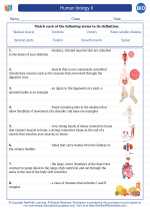Religion
Religion is a complex and multifaceted aspect of human culture and society. It encompasses a wide range of beliefs, practices, rituals, and moral codes that are often centered around the idea of a higher power or divine being. While the specifics of religious beliefs and practices can vary widely across different cultures and societies, religion typically plays a significant role in shaping individual and collective behavior, values, and worldviews.
Key Concepts
When studying religion, it's important to understand the following key concepts:
- Beliefs: These are the core tenets and principles that form the foundation of a religious tradition. They often encompass ideas about the nature of existence, the purpose of life, and the relationship between humans and the divine.
- Practices: These include rituals, ceremonies, and observances that are performed as a part of religious worship and expression. Practices can vary widely between different religions and may include prayer, meditation, fasting, and pilgrimage.
- Texts: Many religions have sacred texts or scriptures that serve as authoritative sources of guidance and wisdom. These texts are often revered as divine or inspired by the divine and provide a framework for religious beliefs and practices.
- Community: Religious communities, such as churches, mosques, temples, and synagogues, play a crucial role in fostering a sense of belonging and shared identity among believers. They also serve as centers for religious education, fellowship, and social support.
- Morality: Religion often provides a moral framework that guides ethical decision-making and behavior. It may include principles such as compassion, justice, humility, and charity.
- Impact on Society: Religion has historically played a significant role in shaping social and political structures, art, architecture, and cultural practices. It continues to influence global events and societal norms.
Study Guide
When studying religion, consider the following topics and questions:
- What are the major world religions, and what are their key beliefs and practices?
- How do religious beliefs influence individual behavior and decision-making?
- What roles do religious institutions play in shaping communities and societies?
- What are the historical and contemporary intersections of religion and politics?
- How does religion contribute to cultural diversity and global interconnectedness?
- What are the ethical implications of different religious perspectives on issues such as human rights, environmental stewardship, and social justice?
By exploring these questions and engaging with diverse religious perspectives, you can gain a deeper understanding of the complex and impactful role of religion in the world.
[Religion] Related Worksheets and Study Guides:
.◂Biology Worksheets and Study Guides High School. Human biology II
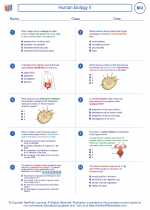
 Worksheet/Answer key
Worksheet/Answer key
 Worksheet/Answer key
Worksheet/Answer key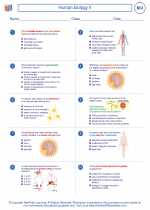
 Vocabulary/Answer key
Vocabulary/Answer key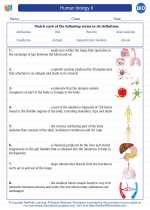
 Vocabulary/Answer key
Vocabulary/Answer key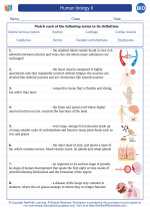
 Vocabulary/Answer key
Vocabulary/Answer key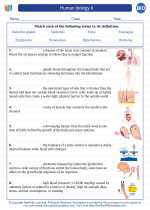
 Vocabulary/Answer key
Vocabulary/Answer key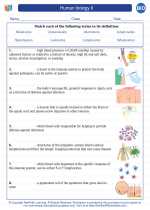
 Vocabulary/Answer key
Vocabulary/Answer key
 Vocabulary/Answer key
Vocabulary/Answer key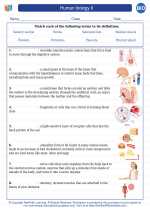
 Vocabulary/Answer key
Vocabulary/Answer key